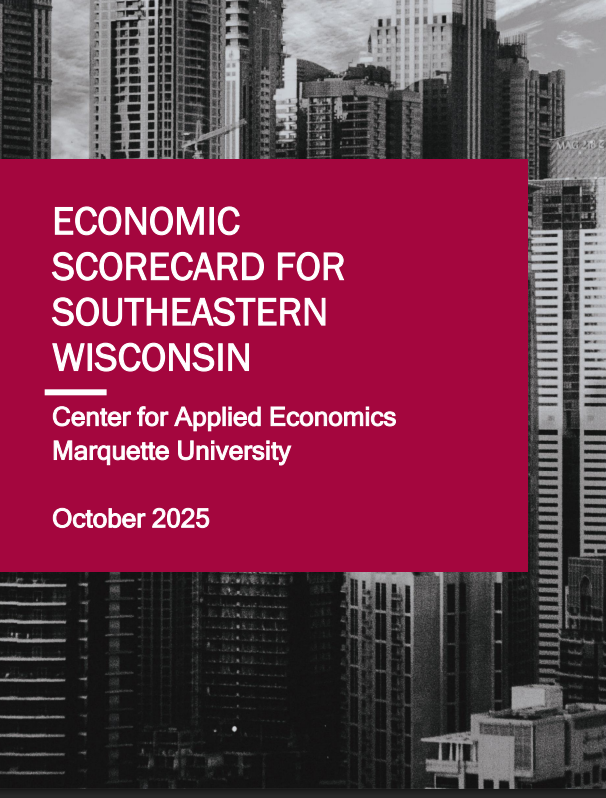Two big renewable energy projects in Colorado not moving forward – The Denver Post

Report on the Impact of Federal Policy Changes on Renewable Energy Projects and Sustainable Development Goals in Colorado
1.0 Executive Summary
Recent federal policy shifts, specifically the enactment of a new tax and spending bill, have created significant uncertainty within the renewable energy sector, leading to the suspension or cancellation of major projects in Colorado. These developments present considerable setbacks to the advancement of several United Nations Sustainable Development Goals (SDGs), particularly those related to clean energy, economic growth, and climate action. This report details the specific project impacts and analyzes the broader implications for sustainable development.
2.0 Project Cancellations and Their Impact on SDG 7 and SDG 13
The accelerated phase-out of incentives previously established under the Inflation Reduction Act has directly impacted progress toward SDG 7 (Affordable and Clean Energy) and SDG 13 (Climate Action). Two significant projects in Brighton, Colorado, have been halted:
- VSK Energy Inc. Solar Panel Factory: A planned $250 million facility to manufacture solar panels has been canceled. This project was poised to significantly contribute to the domestic supply chain for clean energy infrastructure, a key target of SDG 7. Its cancellation curtails the growth of renewable energy capacity necessary for climate mitigation efforts under SDG 13.
- Amprius Technologies Battery Factory: A 775,000-square-foot lithium-ion battery manufacturing facility has been paused. This facility was intended to support the electric vehicle market, a critical component in reducing transport-related emissions. The pause hinders the development of energy storage solutions essential for a stable and reliable clean energy grid.
3.0 Economic and Industrial Setbacks in Relation to SDG 8 and SDG 9
The project suspensions represent a direct blow to local and national objectives for SDG 8 (Decent Work and Economic Growth) and SDG 9 (Industry, Innovation, and Infrastructure).
3.1 Job Creation and Economic Growth (SDG 8)
The halting of these projects results in the loss of anticipated economic benefits and employment opportunities.
- The Amprius Technologies facility was projected to create approximately 330 jobs in its initial phases.
- The VSK Energy plant represented a $250 million investment in the local economy.
- A national report by Environmental Entrepreneurs (E2) noted that $15.5 billion in clean energy projects have been canceled nationwide due to policy uncertainty, indicating a widespread negative impact on economic growth and job creation.
3.2 Industry, Innovation, and Infrastructure (SDG 9)
The cancellations undermine efforts to build a resilient and innovative domestic manufacturing industry for clean technologies.
- Will Toor, Executive Director of the Colorado Energy Office, stated that the federal policy changes undercut the development of the advanced manufacturing industry in the U.S.
- Amprius CEO Kang Sun highlighted the challenges of scaling cutting-edge battery production in the U.S., noting that other nations have a significant head start in building mature, cost-efficient battery industries. This underscores a setback for building competitive and sustainable industrial infrastructure under SDG 9.
4.0 Policy Context and State-Level Response
The primary driver for these setbacks is the new federal budget bill, which accelerates the phase-out of key renewable energy incentives.
- Tax credits for rooftop solar are set to expire at the end of the year.
- Incentives for electric vehicles will end on September 30.
Despite these federal challenges, the Colorado Energy Office has affirmed the state’s commitment to its renewable energy and climate goals. Officials maintain that the underlying economics for wind, solar, and electric vehicles remain competitive, signaling a continued push for state-level actions to support the SDGs. However, stakeholders like Susan Nedell of E2 predict further project cancellations and job losses nationally due to the persistent policy uncertainty.
SDGs Addressed in the Article
- SDG 7: Affordable and Clean Energy
- SDG 8: Decent Work and Economic Growth
- SDG 9: Industry, Innovation, and Infrastructure
- SDG 13: Climate Action
- SDG 17: Partnerships for the Goals
Specific SDG Targets Identified
-
SDG 7: Affordable and Clean Energy
- Target 7.2: “By 2030, increase substantially the share of renewable energy in the global energy mix.”
Explanation: The article directly discusses the cancellation and pausing of “two big renewable energy projects” in Colorado, including a solar panel factory. The new law’s “phase-out of incentives and tax credits” for renewable energy is expected to lead to “less investment in solar and wind,” directly hindering the goal of increasing the share of renewable energy. - Target 7.a: “By 2030, enhance international cooperation to facilitate access to clean energy research and technology… and promote investment in energy infrastructure and clean energy technology.”
Explanation: The article mentions VSK Energy Inc., a “joint venture between India-based Vikram Solar and the private equity firm Phalanx Impact Partners and the development firm Das & Co.,” which planned to build a solar panel factory. This represents the kind of international cooperation and investment in clean energy technology that the target promotes. The cancellation of this project due to policy uncertainty demonstrates a setback for this target.
- Target 7.2: “By 2030, increase substantially the share of renewable energy in the global energy mix.”
-
SDG 8: Decent Work and Economic Growth
- Target 8.2: “Achieve higher levels of economic productivity through diversification, technological upgrading and innovation, including through a focus on high-value added and labour-intensive sectors.”
Explanation: The article highlights the impact on the “advanced manufacturing industry,” specifically projects like the Amprius “lithium-ion battery manufacturing facility” and the VSK solar panel factory. These are innovative, high-value sectors. The article states that the policy changes will “undercut development of the advanced manufacturing industry in the U.S.,” which works against achieving higher economic productivity through technological upgrading. - Target 8.5: “By 2030, achieve full and productive employment and decent work for all…”
Explanation: The cancellation of projects has a direct impact on job creation. The article explicitly notes that the Amprius battery factory was expected to “employ about 330 people in the first phases” and that the new policy environment is causing manufacturers to “remove economic growth and jobs.” The prediction of “more jobs lost, more layoffs” further connects the article’s content to this target.
- Target 8.2: “Achieve higher levels of economic productivity through diversification, technological upgrading and innovation, including through a focus on high-value added and labour-intensive sectors.”
-
SDG 9: Industry, Innovation, and Infrastructure
- Target 9.2: “Promote inclusive and sustainable industrialization and, by 2030, significantly raise industry’s share of employment and gross domestic product…”
Explanation: The article focuses on the cancellation of two major industrial projects: a “$250 million factory in Brighton to make solar panels” and a “775,000-square-foot lithium-ion battery manufacturing facility.” These projects represent sustainable industrialization. Their cancellation directly reduces investment and potential employment in this sector. - Target 9.4: “By 2030, upgrade infrastructure and retrofit industries to make them sustainable, with increased resource-use efficiency and greater adoption of clean and environmentally sound technologies…”
Explanation: The manufacturing of solar panels and advanced batteries is fundamental to building the infrastructure for a clean energy economy. The article describes how policy uncertainty is causing companies like Amprius to pause projects for “producing cutting-edge battery technologies at scale in the U.S.,” thereby slowing the adoption of clean technologies and the upgrading of energy infrastructure.
- Target 9.2: “Promote inclusive and sustainable industrialization and, by 2030, significantly raise industry’s share of employment and gross domestic product…”
-
SDG 13: Climate Action
- Target 13.2: “Integrate climate change measures into national policies, strategies and planning.”
Explanation: The article presents a clear case of policy conflict. The new budget bill “speeds up the phase-out of incentives and tax credits approved in the Biden administration’s Inflation Reduction Act.” This reversal of a key national policy designed to promote clean energy demonstrates a failure to consistently integrate climate change measures into national planning, creating “uncertainty around federal policy on renewable energy.”
- Target 13.2: “Integrate climate change measures into national policies, strategies and planning.”
-
SDG 17: Partnerships for the Goals
- Target 17.17: “Encourage and promote effective public, public-private and civil society partnerships…”
Explanation: The article highlights several partnerships being undermined. The VSK Energy Inc. project was a “joint venture” (a private-private international partnership) that was canceled. The national organization Environmental Entrepreneurs (E2), a civil society group, is mentioned as tracking the negative impacts and advocating for the sector. The conflict between federal policy and the state of Colorado’s commitment to renewable energy also shows a breakdown in public-public partnership alignment.
- Target 17.17: “Encourage and promote effective public, public-private and civil society partnerships…”
Indicators for Measuring Progress
Implied Indicators
- Investment in clean energy projects: The article provides a specific figure: “$15.5 billion in new factories and clean energy projects have been canceled across the country.” This can be used as a direct indicator of declining investment. The “$250 million factory” is another specific data point.
- Number of jobs created or lost in the clean energy sector: The article mentions the potential loss of “about 330 people” from the Amprius factory and warns of “more jobs lost, more layoffs,” indicating that employment numbers are a key metric.
- Number of new/canceled clean energy and manufacturing facilities: The article identifies the cancellation or pausing of specific projects: the Amprius battery factory and the VSK solar panel factory. Tracking the number of such projects is a clear indicator of progress or regression.
- Manufacturing capacity for clean energy technology: The planned “775,000-square-foot lithium-ion battery manufacturing facility” is an indicator of planned industrial capacity. Its pause signifies a setback in domestic production capability.
- Status of national policies and incentives for renewable energy: The article’s core issue is the “phase-out of incentives and tax credits.” The existence, removal, or modification of such policies serves as a qualitative indicator of government commitment and a conducive policy environment.
SDGs, Targets, and Indicators Analysis
| SDGs | Targets | Indicators Identified in the Article |
|---|---|---|
| SDG 7: Affordable and Clean Energy | 7.2: Increase the share of renewable energy. 7.a: Promote investment in clean energy technology. |
– Number of renewable energy projects canceled (two in Colorado). – Reduced investment in solar and wind. – Cancellation of a joint-venture solar panel factory. |
| SDG 8: Decent Work and Economic Growth | 8.2: Achieve higher levels of economic productivity through innovation. 8.5: Achieve full and productive employment. |
– Number of jobs not created (e.g., “about 330 people”). – Stalled development in the “advanced manufacturing industry.” – Forecasts of “more jobs lost, more layoffs.” |
| SDG 9: Industry, Innovation, and Infrastructure | 9.2: Promote sustainable industrialization. 9.4: Upgrade infrastructure and industries to be sustainable. |
– Value of canceled industrial projects (“$250 million factory”). – Paused construction of manufacturing facilities (775,000-square-foot battery factory). – Setback in producing “cutting-edge battery technologies at scale in the U.S.” |
| SDG 13: Climate Action | 13.2: Integrate climate change measures into national policies. | – Reversal of national policy (phasing out incentives from the Inflation Reduction Act). – “Uncertainty around federal policy on renewable energy.” |
| SDG 17: Partnerships for the Goals | 17.17: Encourage and promote effective partnerships. | – Cancellation of an international joint venture (VSK Energy Inc.). – Advocacy from civil society partnerships (Environmental Entrepreneurs, E2). – Conflict between federal and state-level policy commitments. |
Source: denverpost.com

What is Your Reaction?
 Like
0
Like
0
 Dislike
0
Dislike
0
 Love
0
Love
0
 Funny
0
Funny
0
 Angry
0
Angry
0
 Sad
0
Sad
0
 Wow
0
Wow
0









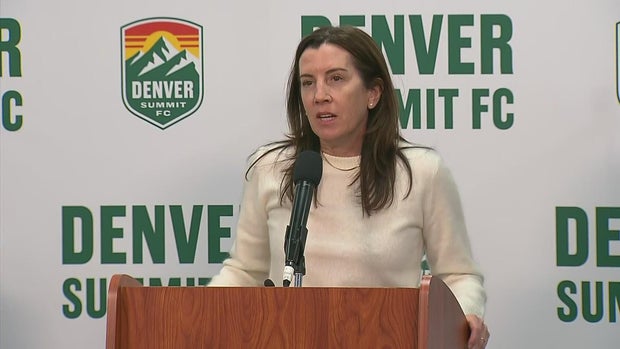

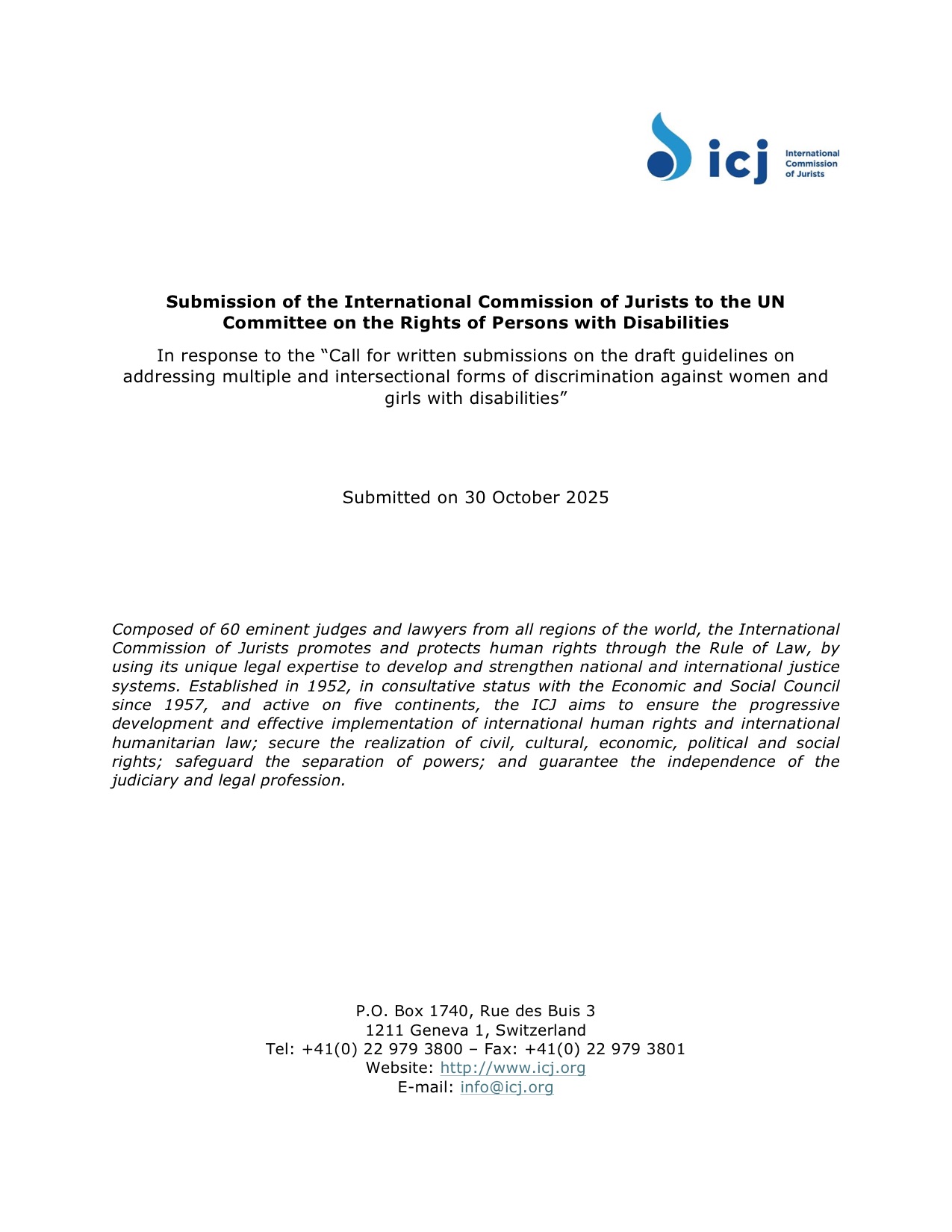





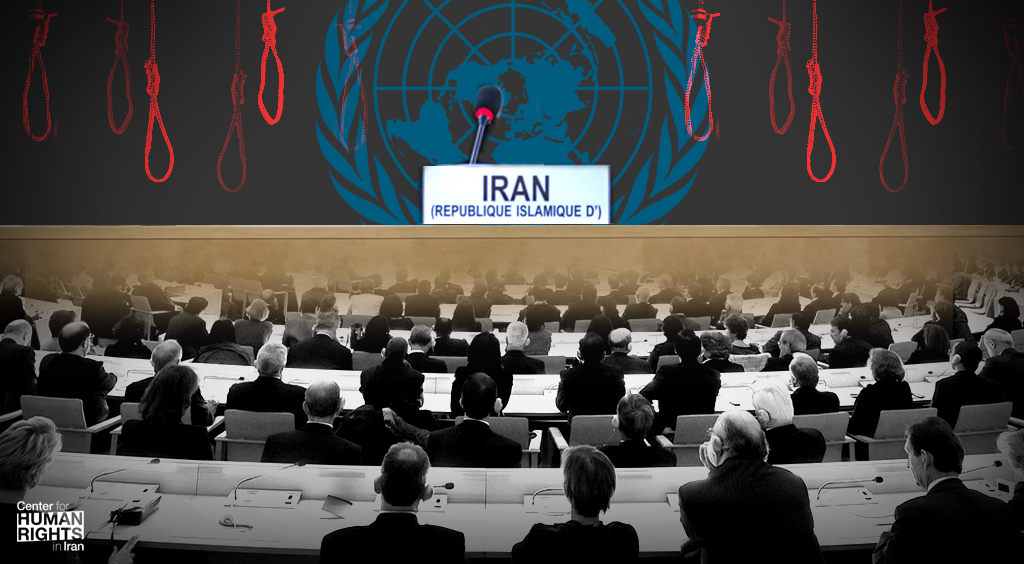
-1920w.png?#)













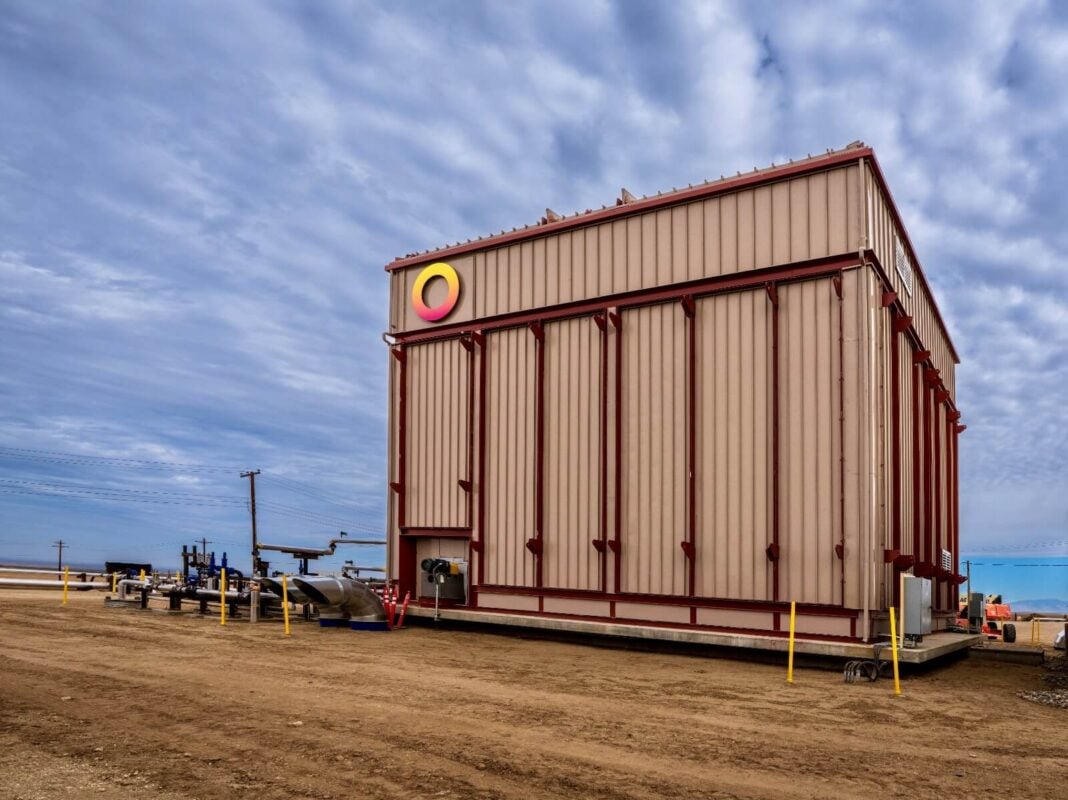
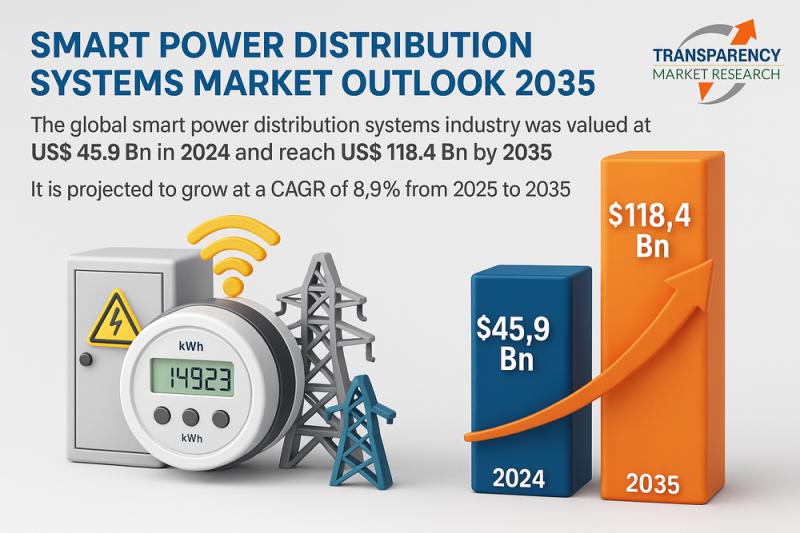
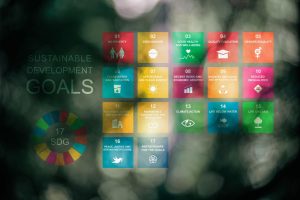

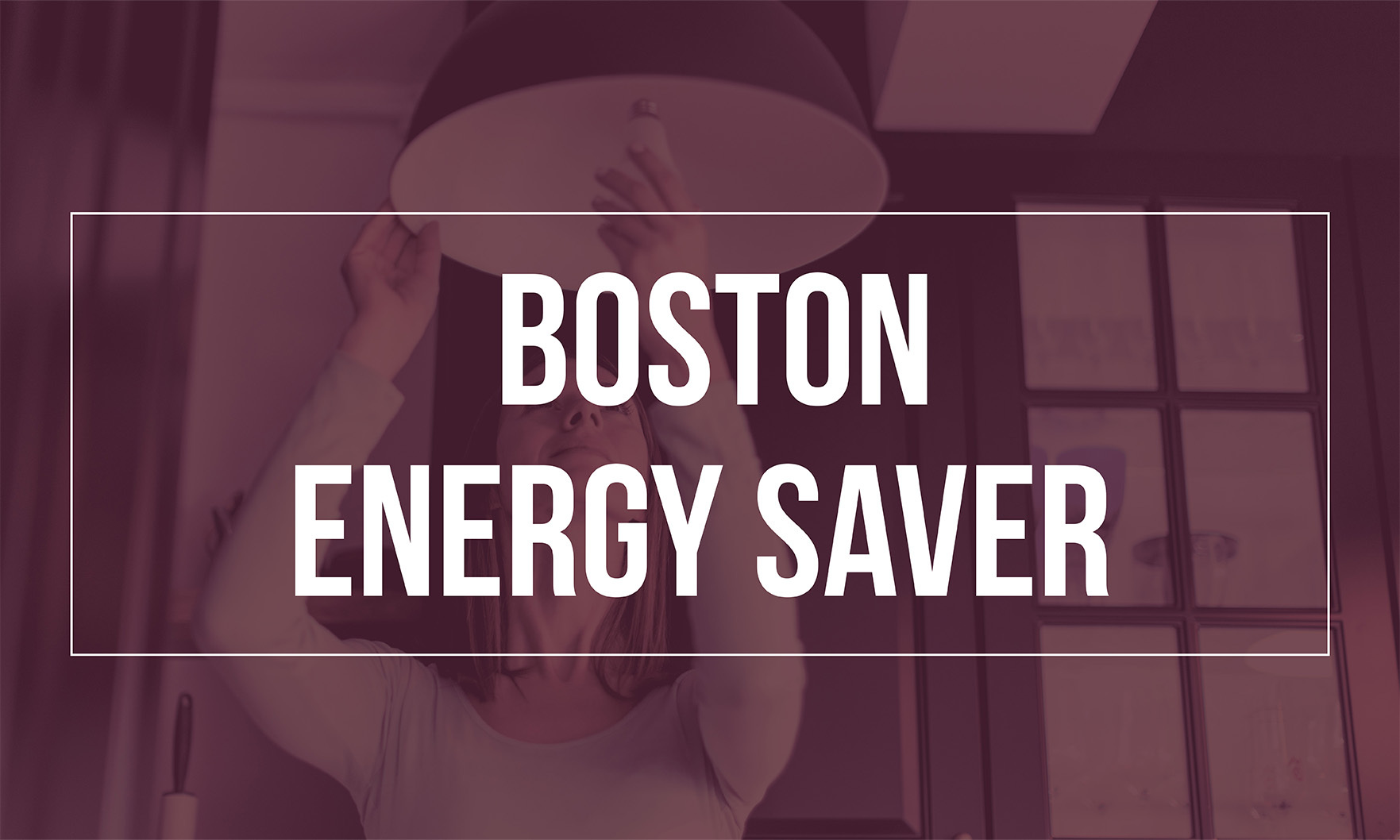




;Resize=805#)






















